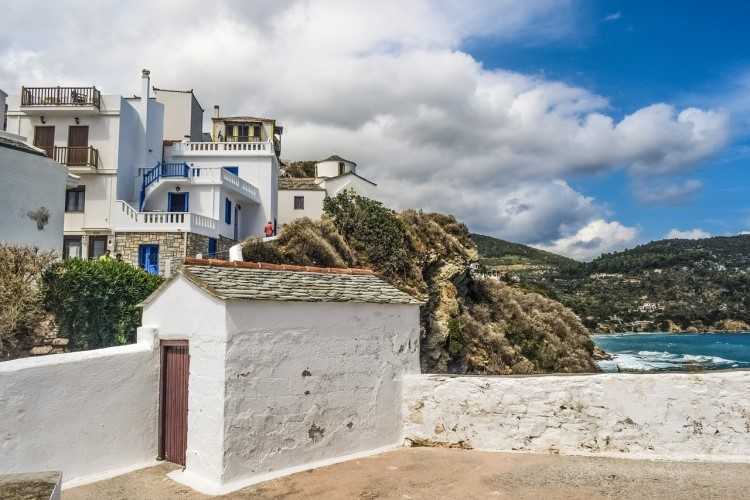
While many Aussies are content to spend their golden years in retirement villages and independent living communities, others are seeking havens abroad. As of March 2017, 82,708 Aussie retirees (or 3.31%) collected their pensions abroad, up from 2.9% a decade ago.
Most of these retirees are living in New Zealand (16,432), followed closely by Italy, Greece, and Spain, according to data provided by the Department of Social Services.
Many expats are buying properties in their host countries. According to HSBC’s latest Expat Explorer Global Report – which surveyed 1,034 Aussies living abroad – 60% owned property somewhere in the world. In contrast, just 34% owned property in Australia.
Of the Aussies who owned properties overseas, 35% said they bought it as an investment. Retirement was another factor, with 14% of respondents saying they intended to live in their host country after they’d finished working.
Brett Evans, managing director at Atlas Wealth Management, a company that provides financial advice to Australian expats, said changes to foreign investor rules in the latest federal budget could impact the appeal of buying and selling property in Australia for those living abroad.
Foreign buyers, which in some instances include Aussie expats, will lose their main residence capital gains tax exemption if they sell an Australian property.
Evans said roughly 20% of his clients were looking to retire over the next three to five years, with Hong Kong, Thailand, Singapore, Indonesia, Greece, France, and Spain topping the list.
But for Australians who conduct much of their business abroad, the United States remains the number one destination due to favourable tax reasons. This is followed by the United Kingdom and the Middle East.
According to Todd Hunter, mortgage broker at wHeregroup, while it is possible to borrow from Australian banks to buy property overseas, the loan tended to be against property or equity the borrower already had. For cheaper properties, buyers are more likely to pay in cash.
Most of the overseas transactions he works with take place in the United States, where it can be “very difficult to get finance” as the servicing of loans is treated more like a commercial deal with profit considerations than a residential loan.
Collections: Mortgage News


Share